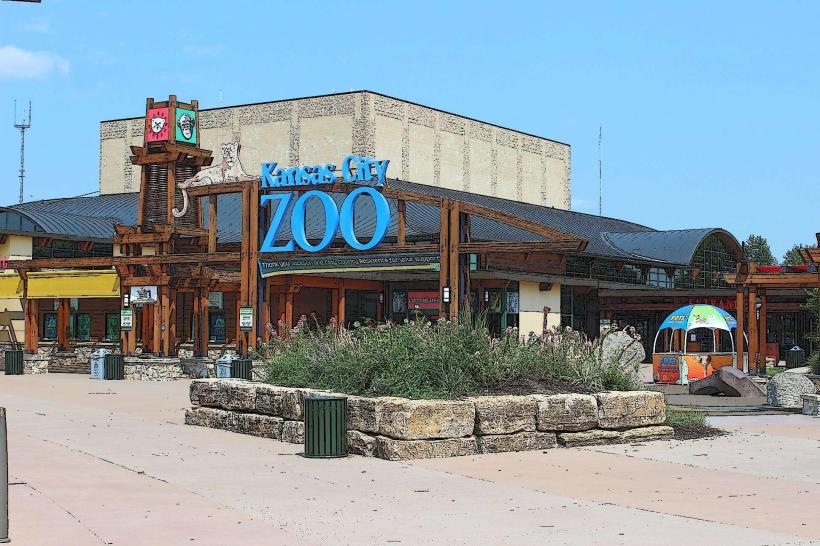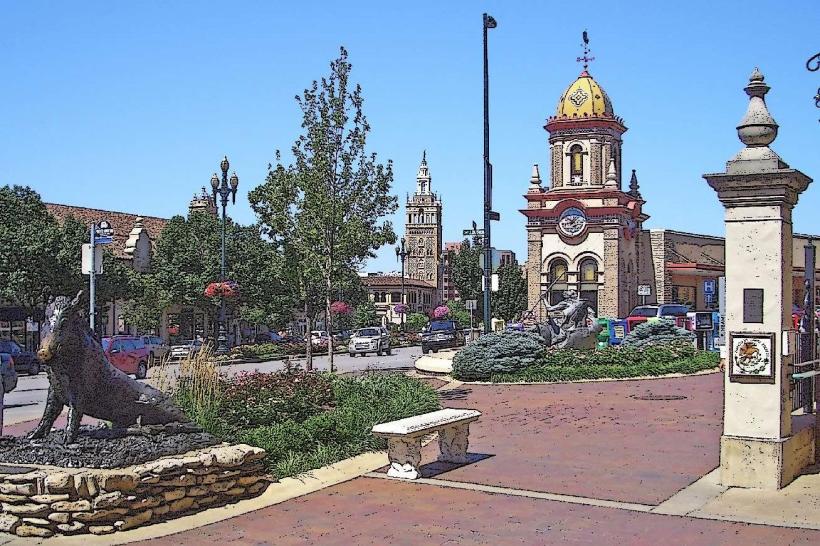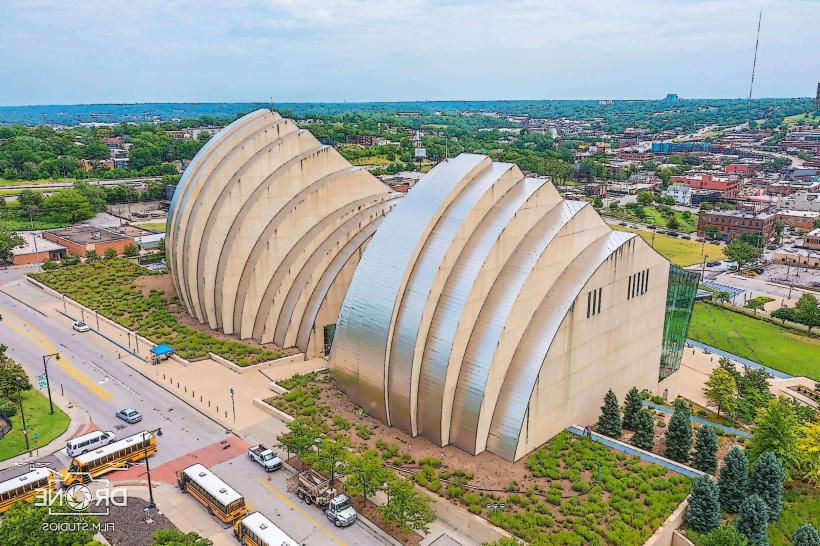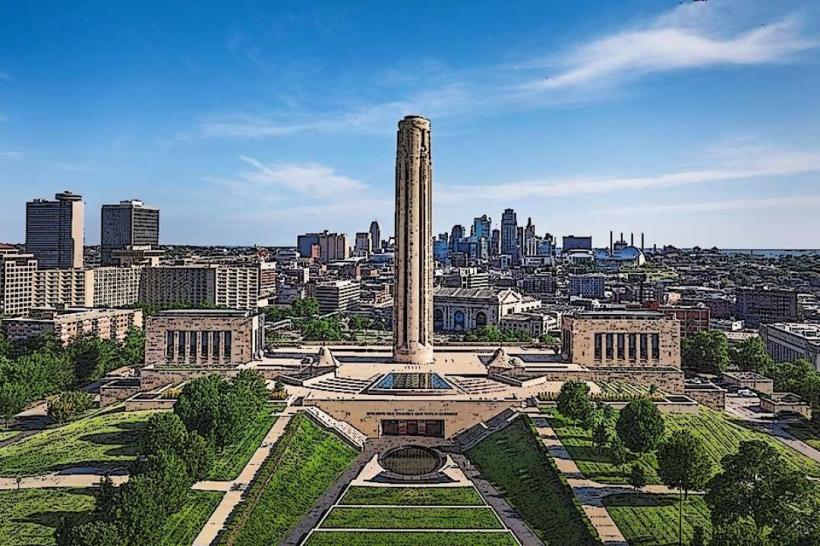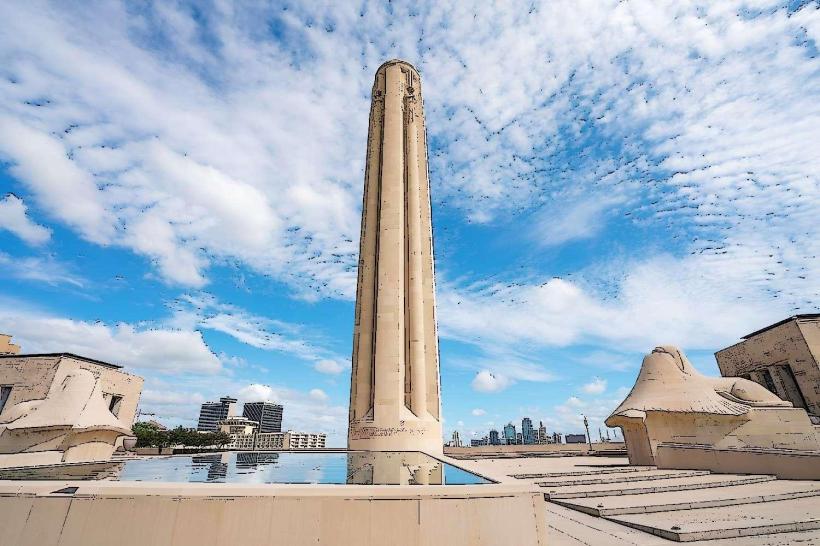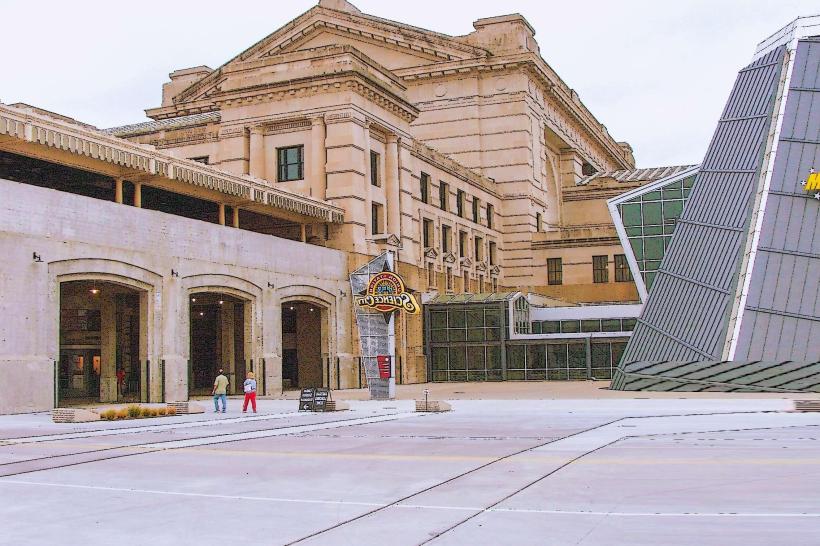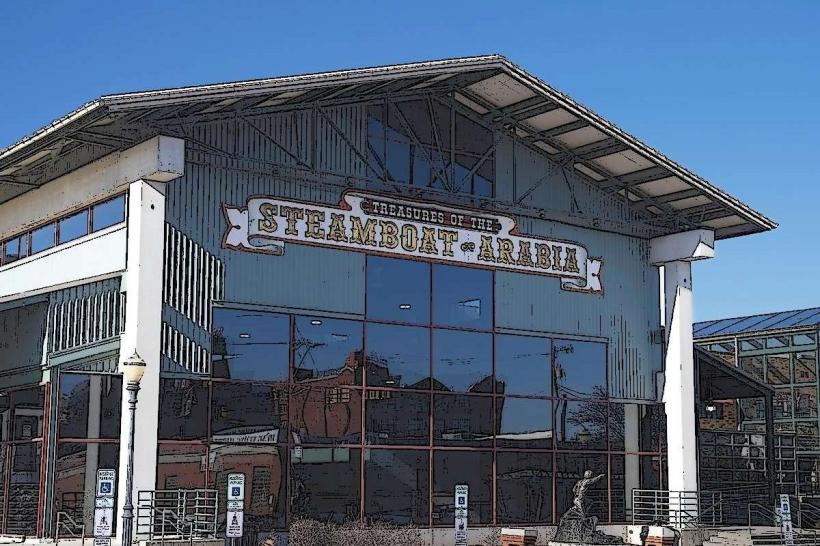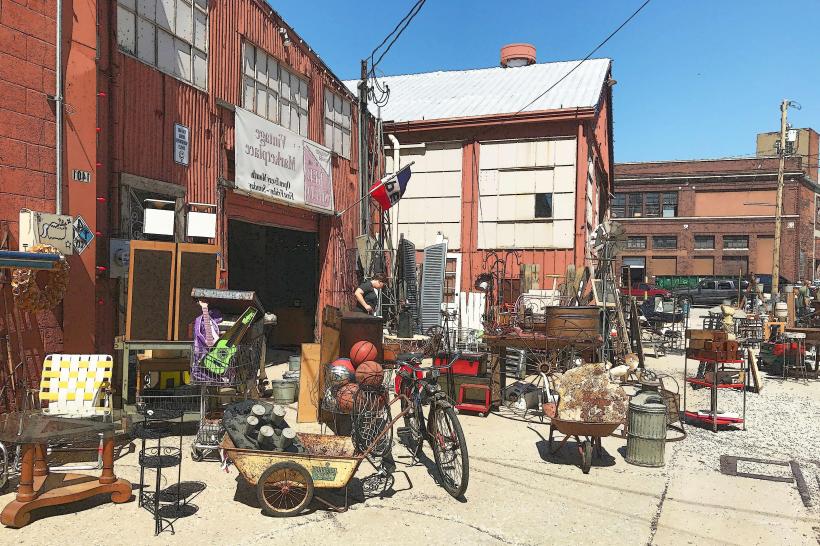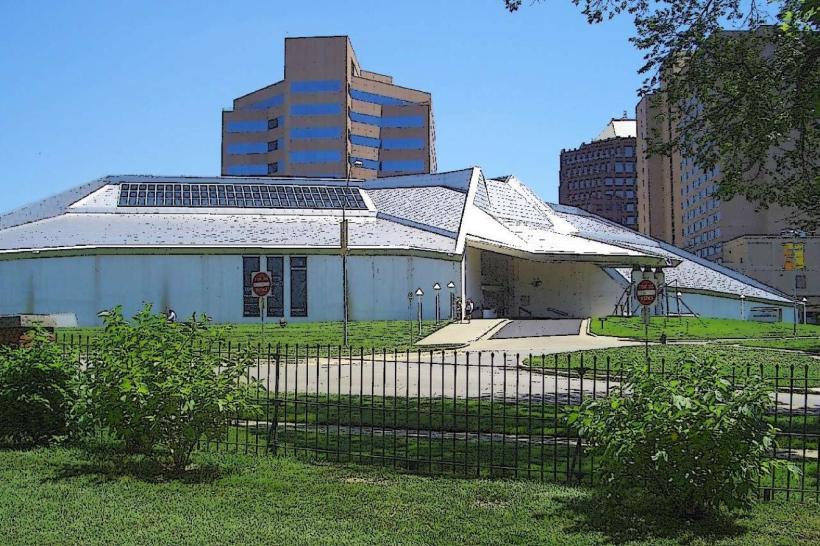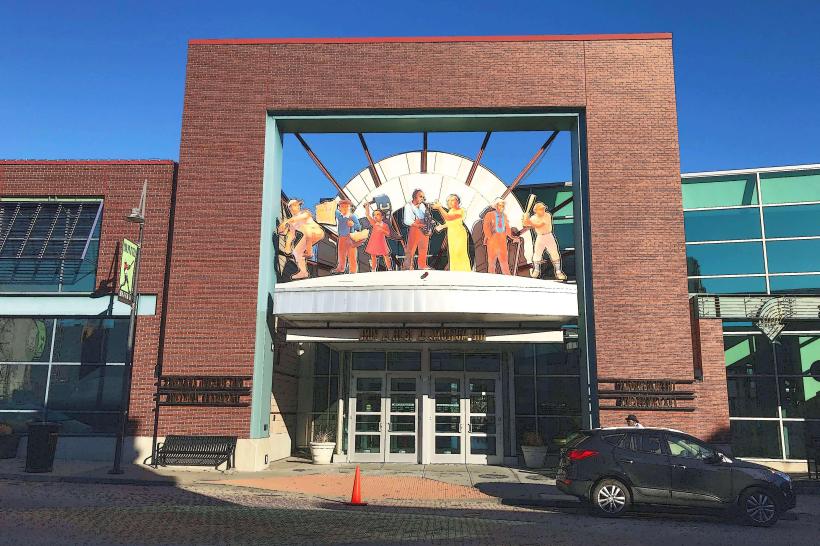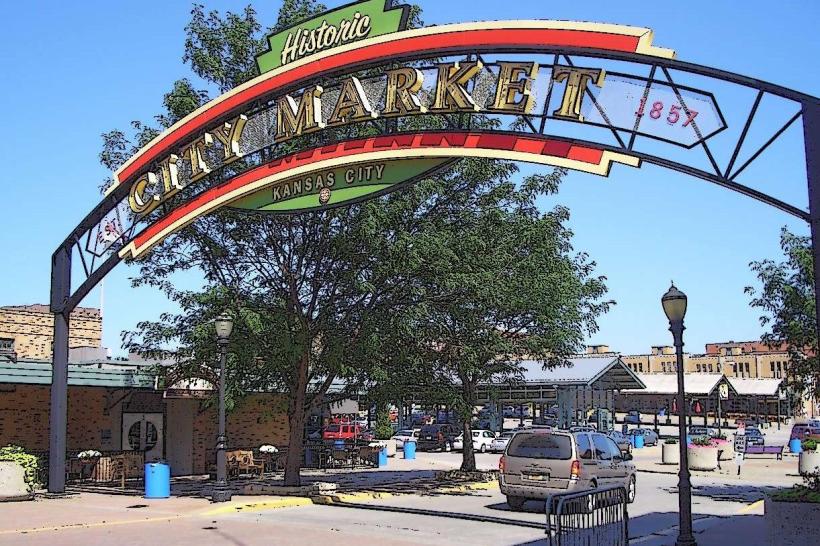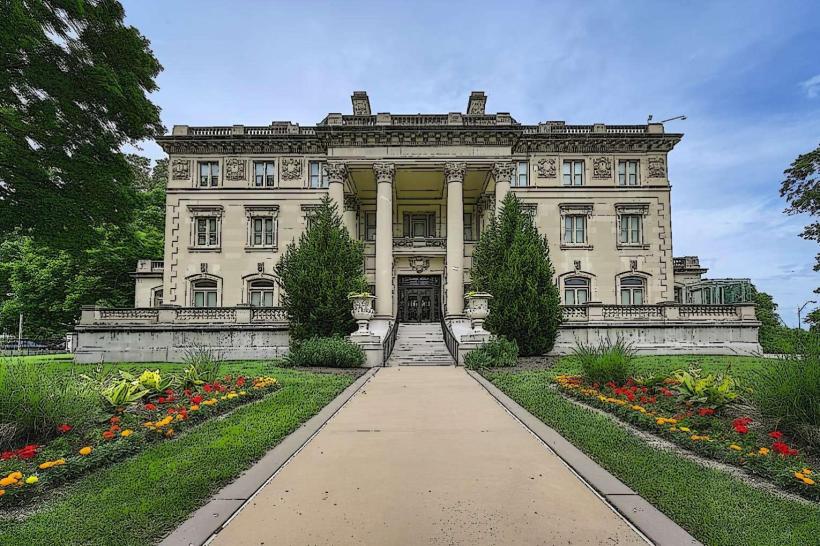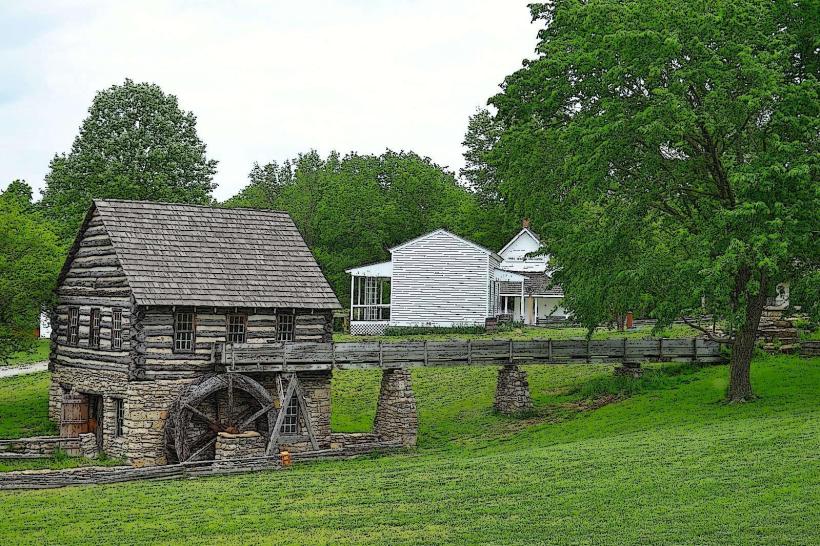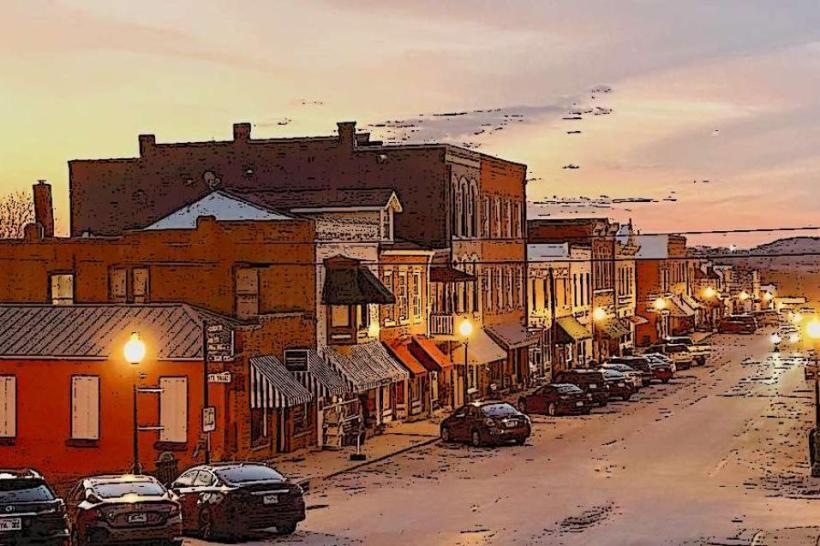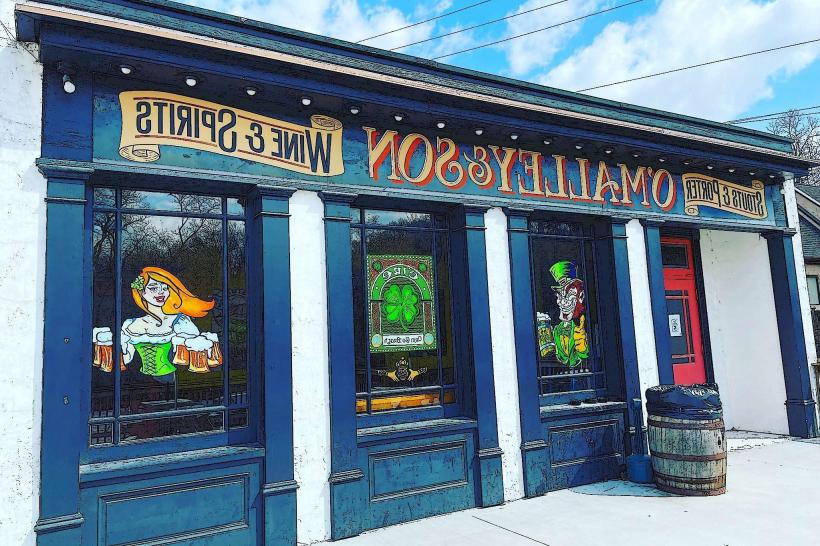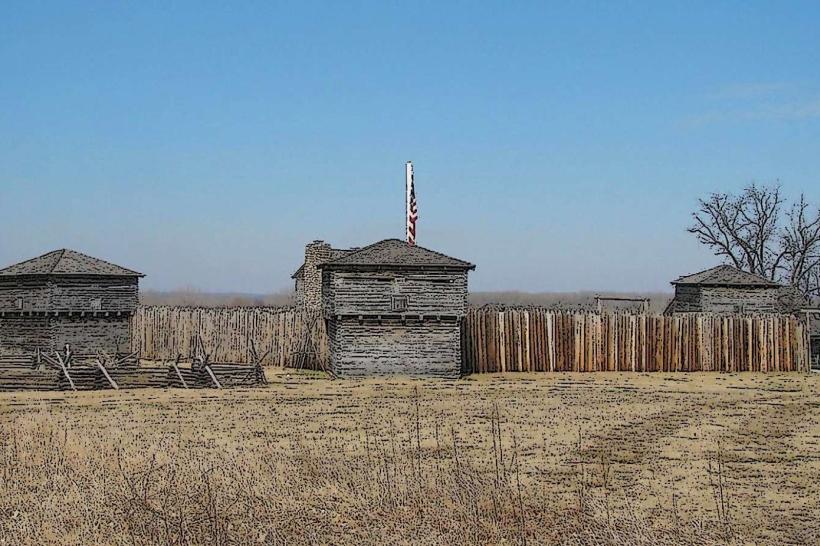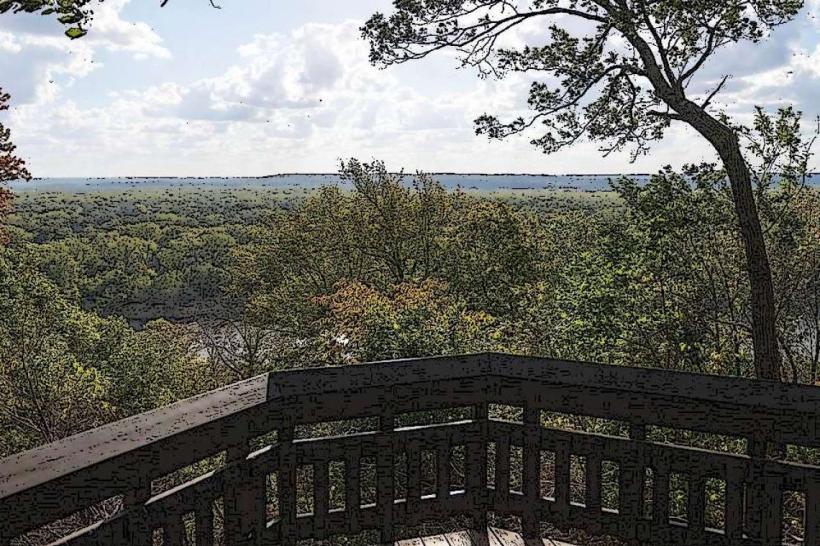Information
Landmark: Battle of Lexington State Historic SiteCity: Kansas City
Country: USA Missouri
Continent: North America
Battle of Lexington State Historic Site, Kansas City, USA Missouri, North America
Rollstone Hill is a prominent geological feature located in Fitchburg, Massachusetts.
Visual Characteristics
The hill is characterized by exposed granite formations, primarily gneiss and schist, with a summit elevation of approximately 750 feet. Vegetation consists of mixed deciduous forest, including oak, maple, and pine, with undergrowth varying in density depending on elevation and exposure. Rock faces exhibit evidence of glacial scouring.
Location & Access Logistics
Rollstone Hill is situated approximately 1.5 miles southwest of Fitchburg's city center. Access is via Rollstone Road, which leads to a small parking area at the base of the hill. Public transportation options are limited; the closest bus route, the Montachusett Regional Transit Authority (MART) Route 15, stops approximately 0.75 miles east of the primary trailhead on Main Street.
Historical & Ecological Origin
The hill is composed of Precambrian metamorphic rock, formed approximately 1 billion years ago. Its current topography is a result of glacial erosion during the last ice age. Historically, the granite from Rollstone Hill was quarried for local construction projects, including the Fitchburg Public Library and the Old City Hall.
Key Highlights & Activities
Hiking trails of varying difficulty ascend the hill. The main trail to the summit provides panoramic views of Fitchburg and surrounding areas. Rock climbing is permitted on designated faces, requiring appropriate safety equipment and knowledge. Observation of local flora and fauna is possible throughout the year.
Infrastructure & Amenities
Limited amenities are available. A small, unpaved parking area is present at the trailhead. No public restrooms or food vendors are located directly on the hill. Cell phone reception is intermittent, particularly at higher elevations.
Best Time to Visit
For clear views and comfortable hiking, late spring (May-June) and early autumn (September-October) are optimal. Mid-morning offers direct sunlight on the eastern rock faces for photography. Winter visits are possible but require appropriate gear for icy conditions.
Facts & Legends
A large, distinct boulder near the summit, known as the "Rollstone," is a glacial erratic. Local folklore suggests the boulder was placed there by giants, though geological evidence confirms its glacial origin. The quarrying operations in the late 19th and early 20th centuries significantly altered the hill's western face.
Nearby Landmarks
- Fitchburg Public Library (1.2km Northeast)
- Fitchburg Art Museum (1.4km Northeast)
- Coggshall Park (2.5km Southwest)
- Mount Wachusett (15km South)

